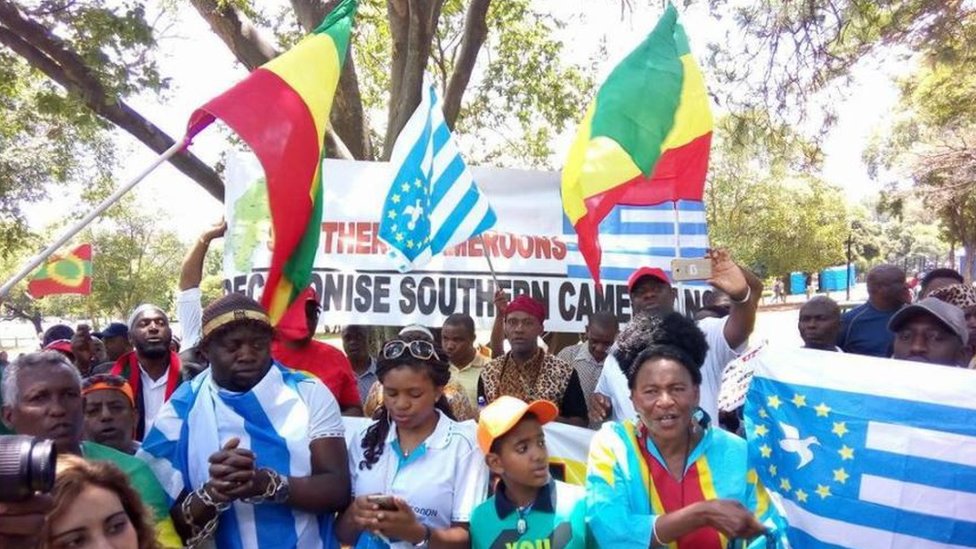
Ecowas Court Finds Ghana Guilty Of Unlawful Detention of Homeland Study Group Foundation Members
Awards Reparation to 30 Detainees, Orders Ghana to Prosecute or Release
The ECOWAS Court of Justice has declared that the detention of 30 members of the Homeland Study Group Foundation (HSGF) by the Government of Ghana was unlawful, arbitrary, and in violation of their human rights.
In Suit No: ECW/CCJ/APP/12/24 filed by the HSGF and 30 others against the State of Ghana, the applicants alleged violations of their rights stemming from their arrest and detention under the 1976 Prohibited Organizations Decree. The arrests occurred on May 8, 2019.
The court, presided over by Hon. Justice Ricardo Gonçalves with Justices Sengu M. Koroma and Dupe Atoki as members, held that it had jurisdiction to hear the matter, as the alleged violations were continuing and occurred within the court’s operational period.
However, the court struck out HSGF as an applicant for failing to prove legal personality, citing lack of registration documents.
The remaining 30 applicants were deemed admissible, having alleged violations of their right to liberty and arbitrary detention.
The court found that although the arrests were premised on a legitimate law and national security concerns, the prolonged detention some lasting over a year without trial violated Ghana’s constitutional provision requiring court presentation within 48 hours, and Article 6 of the African Charter.
Read Also: ECOWAS Court Dismisses Suit Seeking Yoruba Self Determination
On the issue of the right to self-determination, the court dismissed the claim, ruling that the HSGF, as a juristic person, lacked the legal capacity to represent a community in such a claim.
The individual applicants were also not deemed proper claimants for that relief.
The court awarded each of the 30 admissible applicants the equivalent of $2,500 in local currency as reparation for the unlawful detention and ordered the Ghanaian government to prosecute the detainees within two weeks of the judgment or release them unconditionally.
All other reliefs sought were dismissed, and each party was ordered to bear its own legal costs.
This judgment marks a critical ruling on state obligations under international human rights law, emphasizing the need for procedural compliance even in matters involving national security. It also highlights the limitations placed on unregistered organizations in pursuing human rights claims before international courts.







